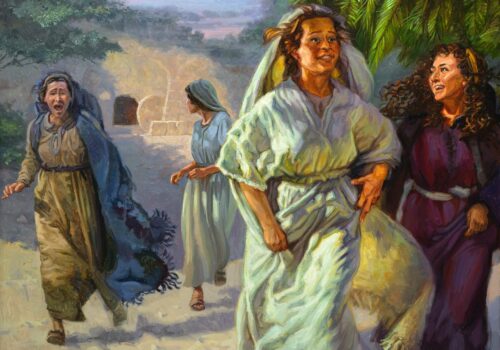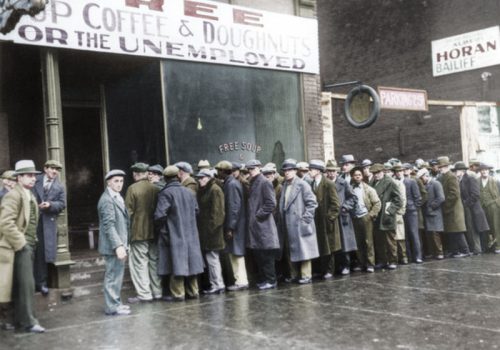Review: The Methodist Defense of Women in Ministry by Paul W. Chilcote
In similar fashion with his other published books on women in ministry, Paul Wesley Chilcote’s The Methodist Defense of Women in Ministry: A Documentary History offers its readers a vast selection of primary documents related to the lives, ministry, and concerns of women leaders in the Methodist traditions. What is unique about this book by Chilcote is that as a documentary history, the author begins from the foundations of Methodism and continues to the mid 20thcentury. Although covering such a significant period may seem a formidable task, Chilcote skillfully shows how the apologetical documents shift over time from a calling for women’s right to ministry, to ordination, and finally to women’s equal rights in the church.

With this goal in mind, the author’s first three chapters cover the time period from the beginning of the Methodist church to the early 19th century in Great Britain and reveal how the apologetic documents show a defense of women in ministry. Chilcote then moves from Britain to America in Chapter 4 and demonstrates through autobiographical apologies the connection between calling and sanctification. This chapter sets the stage to segue to how the shift in calling and sanctification lead to a defense of ordination, which Chilcote covers in the next four chapters. Following this, the author devotes two chapters to document some late nineteenth-century female and male apologists such as Anna Oliver, Anna Howard Shaw, Luther Townsend, and William Baxter Godbey. These apologists argue for not only ordination but biblical equality as well. The final two chapters move from the early to the mid-twentieth century, where the author ties up his documentary history. Chilcote arranges his chapters to seamlessly show how the fight for a place in ministry, validation through ordination, and biblical equality in the church is seen in the unfolding of time throughout his anthology.
In addition to this, Chilcote notes in his introduction that he aims to bring together “the essential [Methodist] documents related to the defense of women in ministry” so that it “may shed light on the struggle of Christian women everywhere.” The essential documents provided by the author, which he calls “apologetic documents,” include published defenses, sermons, autobiographies, letters, and the like. Chilcote offers an excellent array of primary and secondary sources in support of his argument ranging from personal letters by John Wesley to excerpts from the autobiography of Jarena Lee and secondary sources from scholars such as Katharine C. Bushnell, Mark Chaves, and Andrew M. Eason.
What Chilcote does here is significant because he coherently brings together a wide range of sources from over two continents and several centuries to make plain the status of women in the Methodist church throughout history while also bringing hope to those who are still fighting for biblical equality in their own church traditions. The Methodist Defense of Women in Ministry: A Documentary History would aid anyone interested in knowing some of the historical challenges of women in church leadership roles and serve as a valuable text to undergraduate and graduate students of church history and women’s studies.






